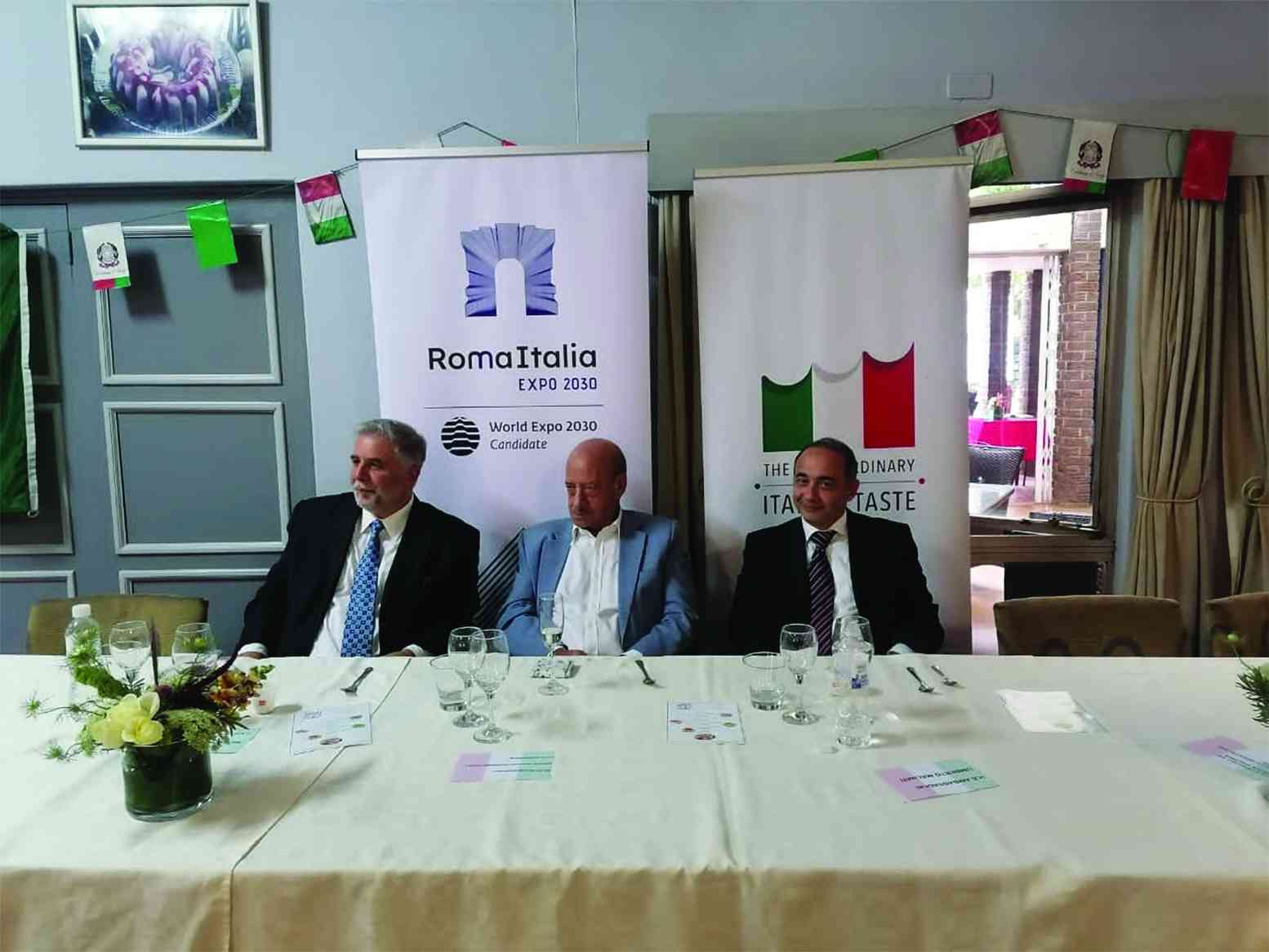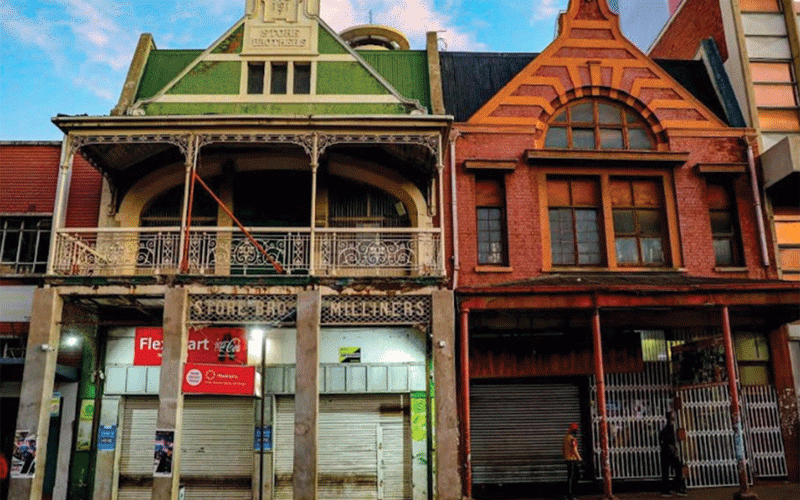
Besides being almost a sacred tradition, Italian cuisine is essentially self-sustaining and famous for its taste and healthy traits on many levels: it is one of the most famous on the planet and is widely eaten and celebrated as well.
Contemporary eateries around the world now incorporate and prepare dishes inspired by Italian food values which span from its famous pastas to its dishes that borrow from its innovations which remain alive in much of the Mediterranean diet.
In Zimbabwe, as in other countries the world over, Italian food culture continues to be enjoyed freely such as Italian pastas, cheeses and pizzas — these remain the universal synonyms for Italy.
World-renowned products such as Parmigiano Reggiano (Parmesan) cheese, Parma and San Daniele ham, Modena balsamic vinegar, Genoa’s pesto, buffalo mozzarella, Alba truffles and cured meats are just some of the symbols that make Italy the land of good food.
This week, the Italian embassy belatedly held a lunch to mark the VII edition of the Week of Italian Cuisine in the World at the SAHTC Hospitality School in Harare.
The event was held under the theme “Conviviality, Sustainability and Innovation: The Ingredients of Italian Cuisine for the Health of People and the Protection of the Planet”.
The Italian embassy in Harare said the theme represents an opportunity to promote the quality of Italian agri-food products; to enhance the values of a sustainable and healthy lifestyle rooted in the Mediterranean diet, and to foster innovation in the agri-tech field. The Italian cuisine ultimately exemplifies a culture of eating simply, but eating well.
The lunch, prepared by the student chefs at SAHTC, served dishes peculiar to specific Italian regions. It included an appetiser of Prosecco, a white wine, followed by a starter of Margherita pizza from the Campania region of Italy.
The first main dish was fresh basil pesto pasta from Liguria and the second main dish was a chicken salad from Piemonte. A Zitella apple cake (Molise) and a Tiramisu ice-cream from Veneto rounded off the lunch.
A selection of some of the country’s fine wines, both red and white, were also on offer.
The annual Week of Italian Cuisine in the World is a promotional initiative by the Italian government aimed at “showcasing the unique and top-quality features of the Italian wine and food sector, encouraging export, internationalisation and inbound tourism, through dedicated and targeted events in Italian embassies, consulates, cultural institutes, and Italian trade agencies”.
“These celebrations first began in 2016 and have, over time established themselves as one of the Italian Ministry of Foreign Affairs and International Co-operation’s flagship initiatives to promote the country’s culinary traditions and wine connoisseurship, as a distinctive trait of its identity and culture,” the embassy said in a note to IndependentXtra.
“The celebrations are proving to be an effective strategy not only to promote the ‘Made in Italy’ label, but also to showcase the country as a whole to the world.”
The embassy will also broadcast on national TV a series of cooking lessons with historical content for each of the 20 Italian regions created by the country’s university of gastronomic sciences of Pollenzo (Università degli Studi di Scienze Gastronomiche di Pollenzo), an ancient woman city in the northern Italian region of Piedmont.
The university is offering free online courses for those interested in Italian cuisine. Registration is available on the link https://courses.unisgplus.com/courses/a-bite-of-italy-regional-italian-cuisine-crash-course-english
In 2020, Italy celebrated the 10th anniversary of its cuisine being included on the list of intangible cultural heritage of humanity by Unesco as a healthy lifestyle and balanced diet model.
Since 2016, Italian embassies, consulates, and cultural institutes have hosted over 8 000 initiatives in more than a hundred countries, ranging from seminars on the Mediterranean diet to talks with chefs and business partners, classes and demonstrative lessons.
After all has been said and done, the embassy noted, “when it comes to Italian cuisine, one week is not enough!”










